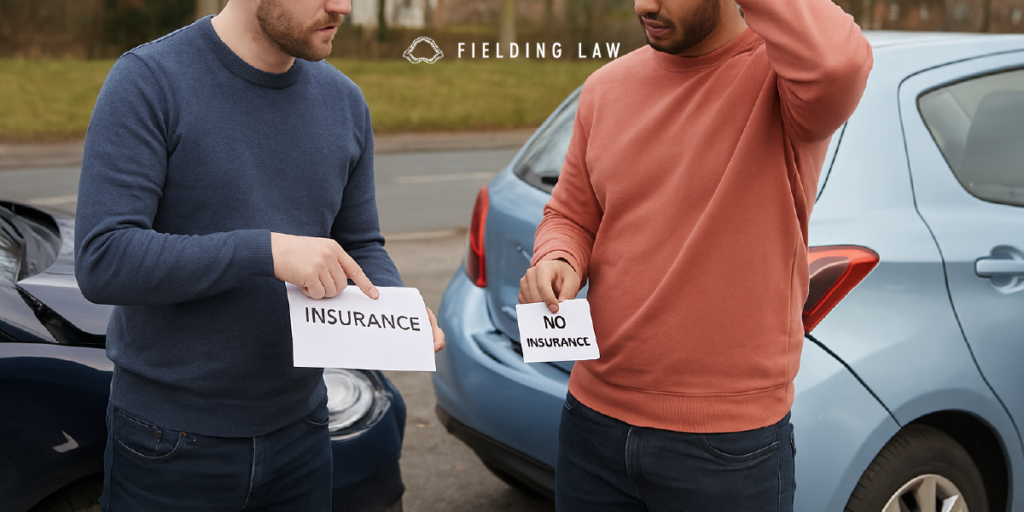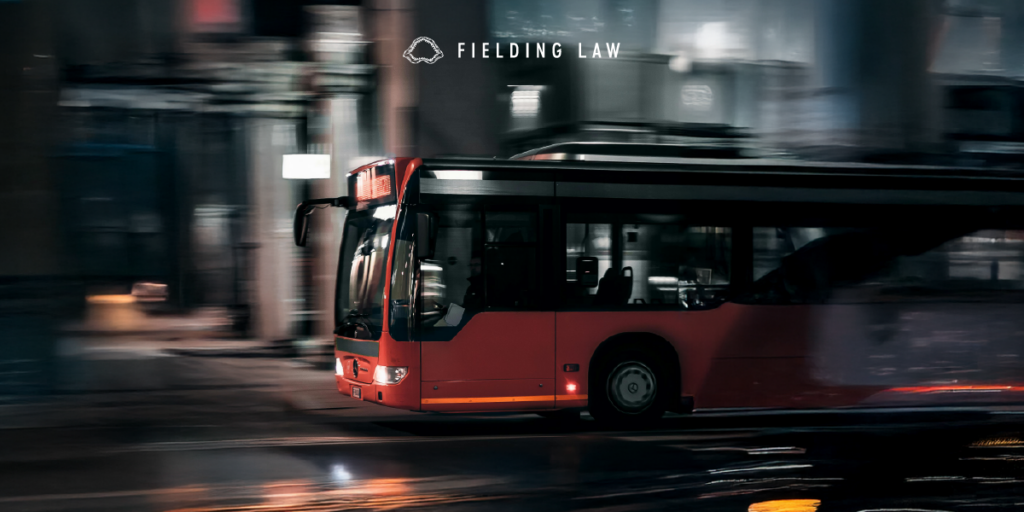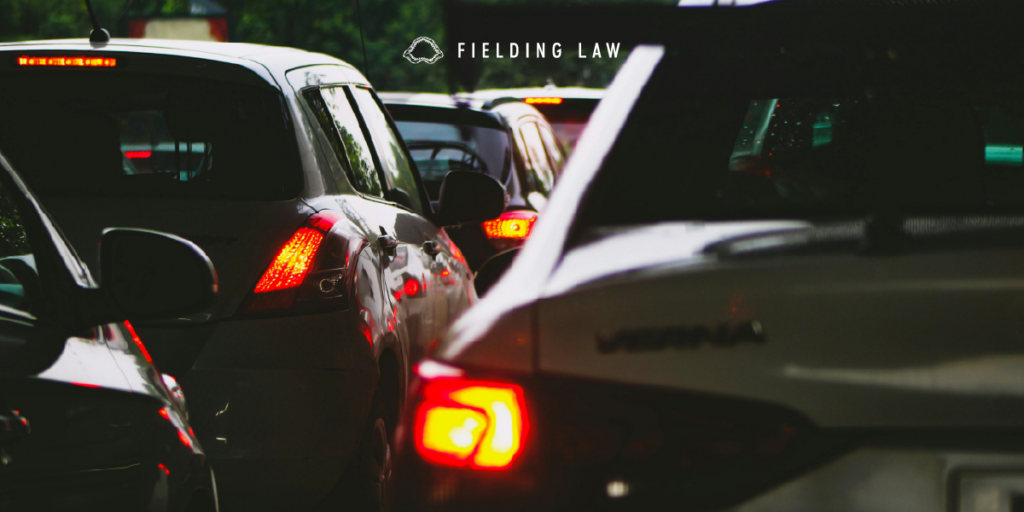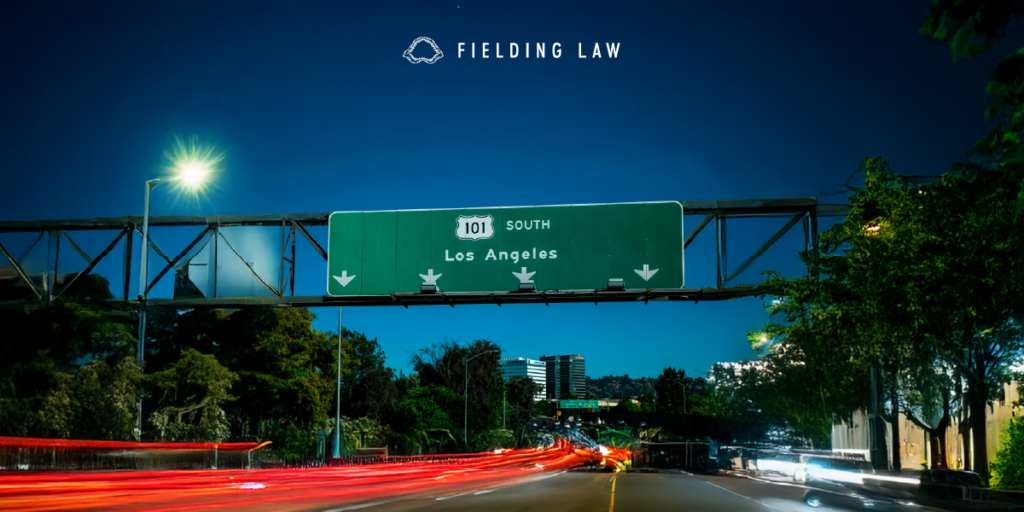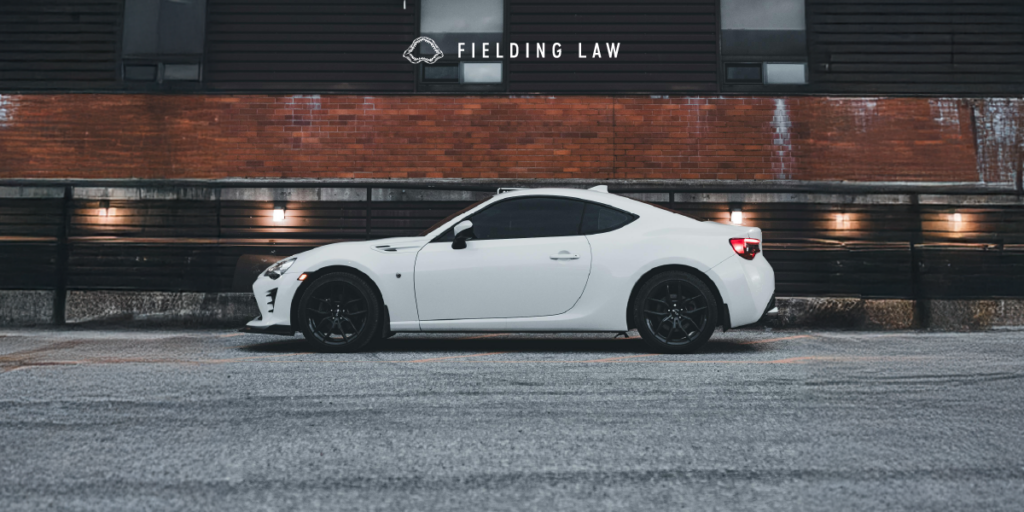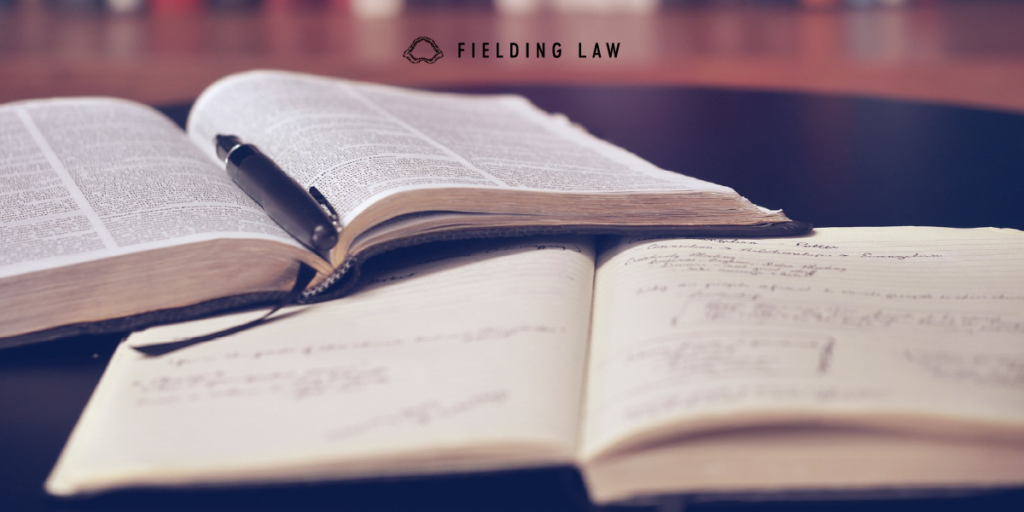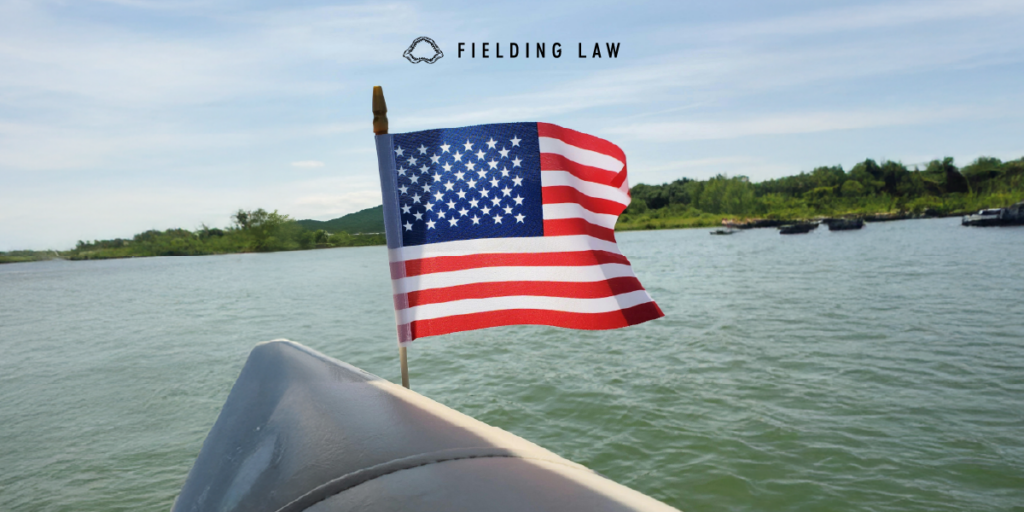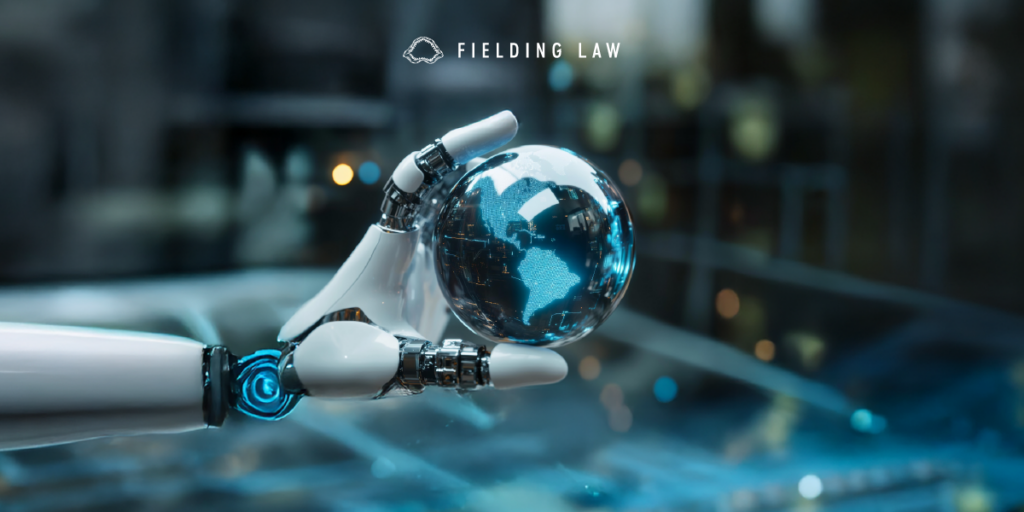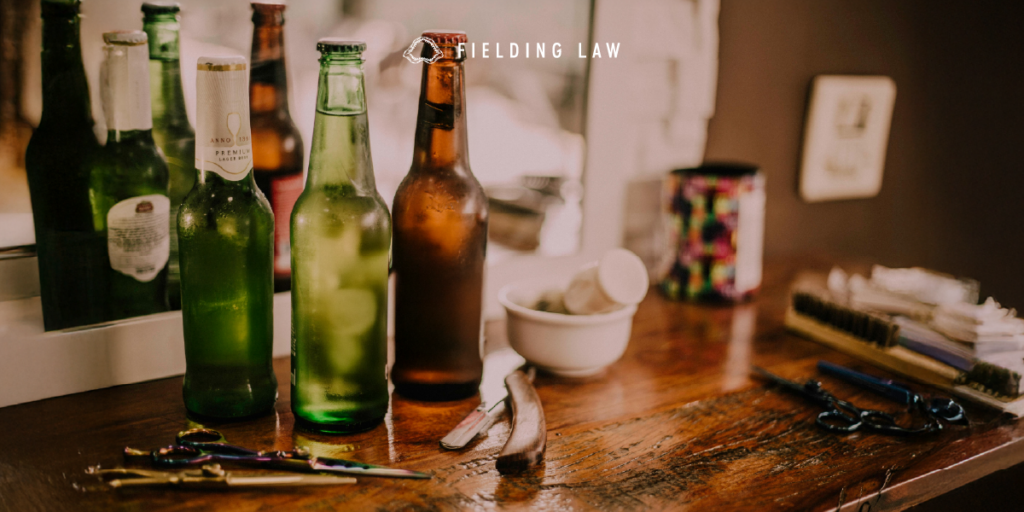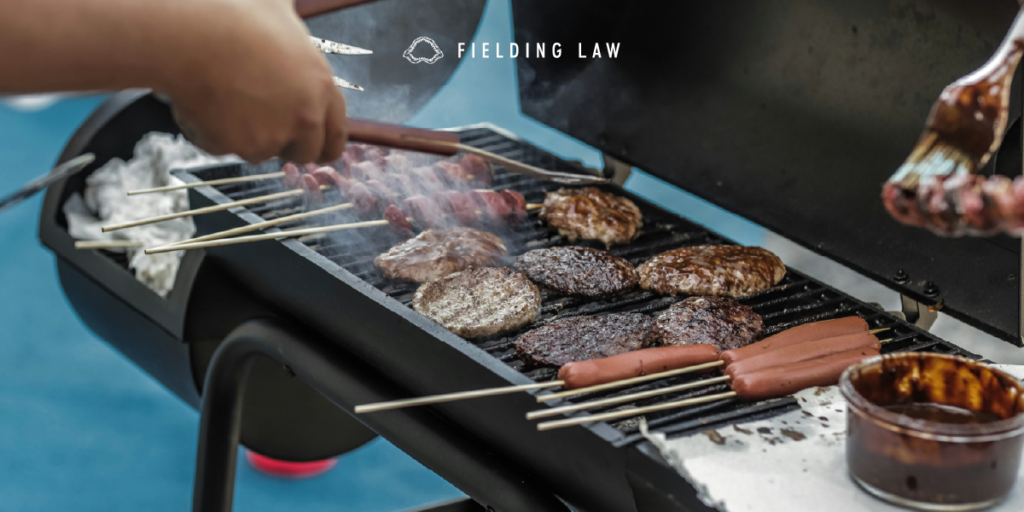
The Fall season brings a sense of renewal and tradition as many head back to school. It is a time with familiar celebrations like the excitement of tailgate parties before college football games. With all the fun, it is important to stay mindful of your safety and understand who might be responsible if someone gets hurt. As grills, games, and gatherings increase, so does the risk of slip and falls, vehicle accidents, and alcohol related injuries.
What is a Dram Shop?
- A dram shop is a business that sells alcohol and may be legally responsible if they serve someone who poses dangers to others after drinking.
What are Social Host Laws?
- These laws hold the person hosting the tailgate responsible if they knowingly provide alcohol to underage guests or know about underage drinking on site.
Common Misunderstandings of Tailgate Party Injury
If you or a loved one is injured due to someone’s irresponsible drinking, many people assume the intoxicated individual is solely responsible. However, others — such as the bar, restaurant, or party host who served them — could also be legally responsible. You may be able to pursue a claim not just against the drunk individual, but also against the business or host who served them.
Documenting the Scene
After a tailgate party injury—as with all accidents— documenting the scene is essential. The details you write down shortly after the accident can make a significant difference in building a strong case. Here are a few things to document:
- Date and time of the incident
- Location of the tailgate
- The specific type of accident that occurred
- Description of all the non-visible injuries
- Photos of the visible injuries
- Who was involved, and if there were any witnesses
- The company or the name of the individual who was giving out the alcohol
Why Hire Fielding Law
Party, tailgating accidents can turn a sharp turn south when alcohol is involved. These situations can be overwhelming and confusing, especially when there are unanswered questions about who is liable. At Fielding Law, we understand the emotional toll an accident can take on a person. Our priority is to carry the legal burden so you can fully focus on healing. We are here to support you. Reach out to us for your free consultation today to see if you have a claim.
Note: Information provided is for educational purposes and does not constitute legal advice. Always consult with a qualified attorney for legal concerns.
